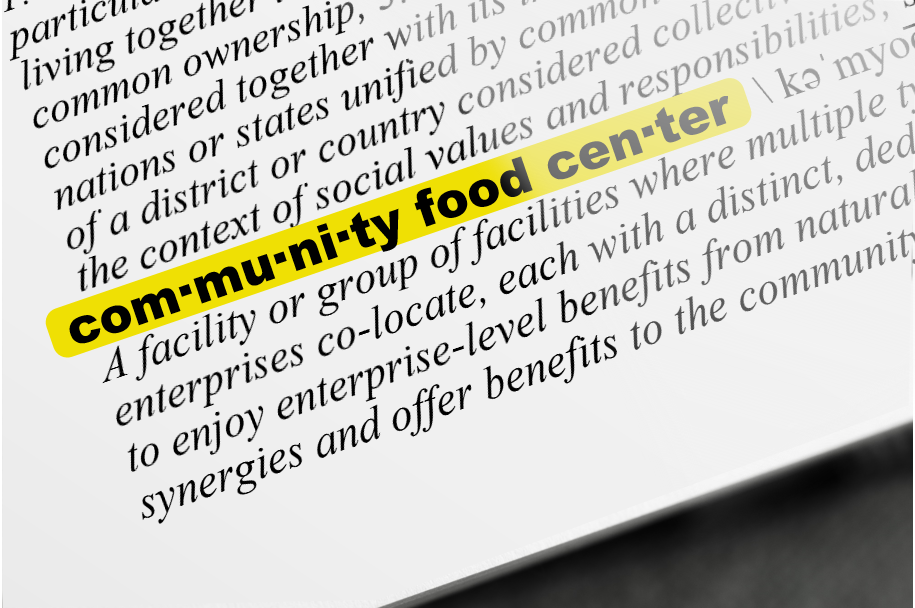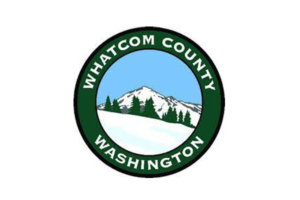Our work at New Venture Advisors has evolved over the years. We began doing food system planning ten years ago, when much of our work centered on developing food hubs that aggregated local food and distributed it to local outlets. This eventually gave way to evaluating shared kitchens, grocery stores and many other types of businesses that form the hard infrastructure of regional food systems.
Today, we’re seeing the exciting combination of many of these kinds of businesses into what are coming to be known as Community Food Centers.
In this screencast I’ll share a definition of Community Food Centers and, in a companion screencast, show you many of the elements that our clients and others are bringing together to create them.
What is a Community Food Center?
By our definition, and there are others, a Community Food Center is:
A facility or group of facilities where multiple types of food enterprises co-locate, each with a distinct, dedicated space, to enjoy enterprise-level benefits from naturally-occurring synergies and offer benefits to the community.
Let’s take a closer look at each of these components.
Facility
The facility can be either a single building that has multiple tenants under one roof, or it can be a combination of buildings in a mixed-use campus or business district, forming a cluster of enterprises that are engaged in food-related commerce and programming.
Co-located Food Enterprises
Generally, these co-located food enterprises are working in different stages of the value chain—sometimes onsite agricultural production like an urban farm or greenhouse, as well as aggregation, processing, distribution and retailing—both grocery and foodservice retail.
Alongside these transactional businesses can be service providers and nonprofit organizations engaged in food-related programming and renting office space.
And if there is a shared kitchen there is likely to be business incubation support. It is well-documented that the most successful shared kitchens are those that provide resources to help entrepreneurs start and scale their businesses.
Enterprise Level Benefits
Enterprise level benefits relate mostly to the transactional side of a food center. Businesses can buy and sell from each other, share resources, knowledge and, importantly, reduce overhead and operating expense by spreading certain fixed costs across a number of businesses, and lowering variable costs by collectively purchasing inputs to get better pricing.
Community Benefits
Community benefits relate mostly to the programming that can be offered at food centers, and intangible benefits, such as the way a regional food system can be catalyzed when you bring actors into proximity, or creating gathering spaces that allow people to share meals and for cultural exchange, space for culinary training and nutrition classes, and even direct service to address hunger in the community.
It’s these community benefits that really define a Community Food Center and separate it from the traditional understanding of a food hall, food hub or public market that have many of the same transactional features.
Part 2: Community Food Centers for Health, Wealth and Equity
Now I’ll show you some of the elements we are seeing come together in Community Food Centers nationwide in a companion screencast titled “Community Food Centers for Health, Wealth and Equity” which you can access here.
I’ll meet you there!



